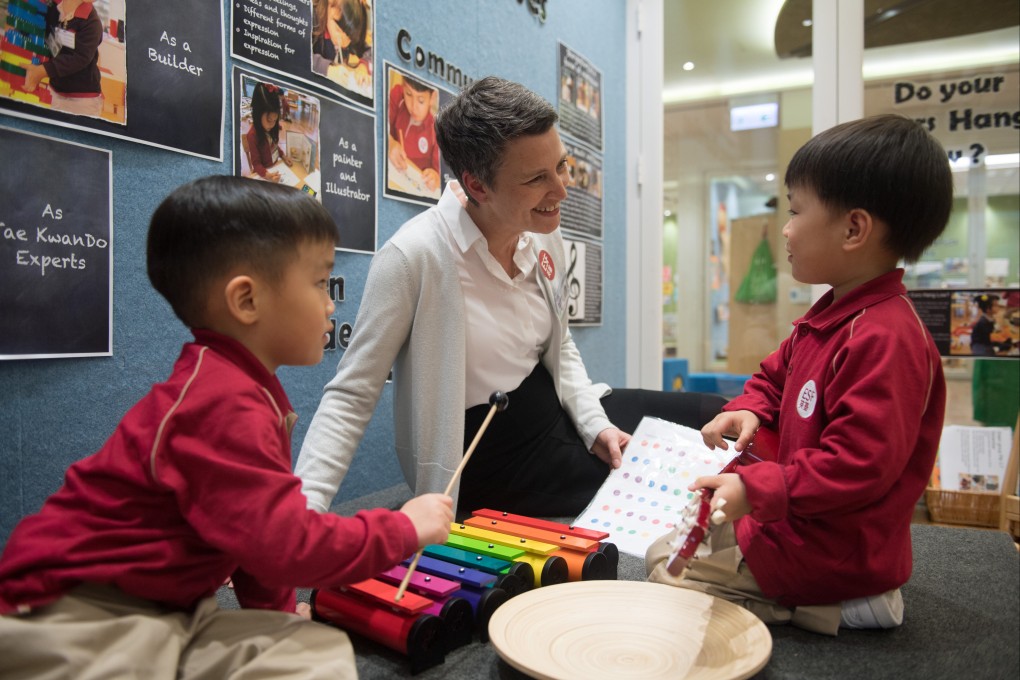Online lessons shouldn’t be all about the screen – to ensure children get proper exercise, physical activities like dancing and yoga are crucial to developing young bodies and minds
- Parents can make sure their children get enough exercise outside class with virtual play dates, make-believe games and even helping our with household chores
- Hong Kong International School, Tung Chung International Kindergarten and Fairchild Kindergarten encourage exercise to improve children’s focus and energy levels

Pandemic-era regulations and online learning have been extremely challenging for kindergarten pupils, teachers and parents. This is because physical activity and play are difficult for teachers to set up remotely, and Covid-19 restrictions make it harder for parents to arrange things like outdoor play dates.
Fortunately, several of Hong Kong’s top early childhood education experts have been working tirelessly to ensure pupils stay physically active and continue their learning unabated during this challenging period.
“Our kindergarten teachers are inspirational,” says Geoff Heney, principal of Hong Kong International School (HKIS) Lower Primary.
“They continue to make learning fun online and ensure that pupils are actively involved in their learning. Moving to online, one could easily make lessons passive, more of a give and get. However, our teachers encourage collaboration online by class shares and breakout sessions where children have the opportunity to reflect and articulate their thoughts and ideas.”

Lessons at HKIS often include activities like Lego building and watercolour painting, which keep pupils moving while also tapping into their imagination and creativity, while segments of other lessons are dedicated to physical education. In addition to regularly scheduled PE activities, HKIS has daily “move and groove” sessions in which different teachers will dance, play, do yoga and move about with pupils in ways that will challenge their strength, flexibility and aerobic capacity.
Heney says that parents should play an integral role in helping their children stay focused during Zoom classes and ensuring that the children are getting enough exercise outside class.